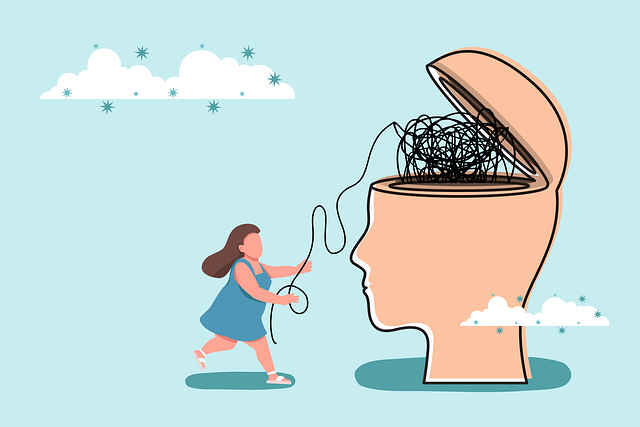In Oregon, civil commitment laws protect mental health rights while offering a framework for voluntary hospitalization when individuals pose risks due to severe disorders. Accessing legal representation is vital, with organizations like Legal Aid Services of Oregon (LASO) providing free services based on income and familial status. Qualified mental health law attorneys offer indispensable guidance, ensuring rights are protected throughout the complex process, and empowering informed decisions. Various resources, including OLAS and local bar associations, connect individuals to pro bono or reduced-fee legal representation.
In Oregon, civil commitment rights ensure individuals facing mental health challenges receive fair treatment and due process. Understanding these rights is crucial for navigating the legal system. This article delves into the intricacies of civil commitment in Oregon, focusing on eligibility criteria for legal representation and the support available throughout the legal process. We explore resources and organizations offering legal aid, emphasizing the importance of access to quality legal representation for those in need.
- Understanding Civil Commitment Rights in Oregon
- Eligibility Criteria for Legal Representation
- Navigating the Legal Process with Support
- Resources and Organizations Offering Legal Aid
Understanding Civil Commitment Rights in Oregon

In Oregon, civil commitment rights ensure individuals facing mental health challenges are treated with fairness and dignity. Understanding these rights is crucial for those both involved in the process and seeking legal representation. Civil commitment is a legal process that allows individuals to be hospitalized or placed in treatment against their will when they present a danger to themselves or others due to a severe mental disorder.
Oregon laws provide clear guidelines on who can petition for civil commitment, the procedures involved, and the rights of those committed. Accessing legal representation is essential during this process as it ensures individuals understand their options, protect their rights, and navigate the legal complexities effectively.
Eligibility Criteria for Legal Representation

In Oregon, individuals facing civil commitment or mental health-related legal proceedings have the right to seek legal representation. Eligibility for free legal services is based on a combination of factors, including income and familial status. The Legal Aid Services of Oregon (LASO) provides a range of legal assistance programs tailored to meet these criteria. Those who qualify often include low-income individuals, victims of domestic violence, and those facing involuntary commitment or conservatorship.
To determine eligibility for legal representation, applicants must provide financial information detailing their income and assets. LASO assesses each case individually, ensuring that services are allocated to those most in need. This process is designed to guarantee equal access to justice, ensuring that all Oregonians can defend their rights and navigate the complexities of civil commitment procedures with competent legal support.
Navigating the Legal Process with Support

Navigating the complex legal process related to civil commitment can be daunting for individuals and their families. This is where legal representation becomes indispensable. In Oregon, seeking help from qualified attorneys specializing in mental health law is a crucial step. These professionals guide clients through every stage, ensuring their rights are protected and that all legal options are explored.
With their expertise, they can assist in understanding the applicable laws, explaining commitment procedures, and advocating for the best possible outcomes. This support is vital, especially when dealing with sensitive matters related to mental health. It empowers individuals to make informed decisions and ensures fairness within the system.
Resources and Organizations Offering Legal Aid

In Oregon, individuals facing civil commitment or looking for support navigating their legal rights can access a range of resources and organizations dedicated to providing legal aid. Many non-profit legal services organizations offer pro bono assistance, ensuring that those unable to afford an attorney still have access to quality legal representation. These groups often specialize in mental health law, enabling them to provide expert guidance on issues related to civil commitment, conservatorships, and other related matters.
The Oregon Legal Aid Service (OLAS) is a prominent entity, offering free legal help to low-income Oregonians. They cover a wide array of civil legal issues, including mental health care, housing, consumer rights, and family law, all of which can be crucial aspects of civil commitment cases. Additionally, local bar associations may refer individuals to lawyers who offer reduced fees or pro bono services. These organizations play a vital role in ensuring that everyone, regardless of financial standing, has the legal representation they need during challenging times.
